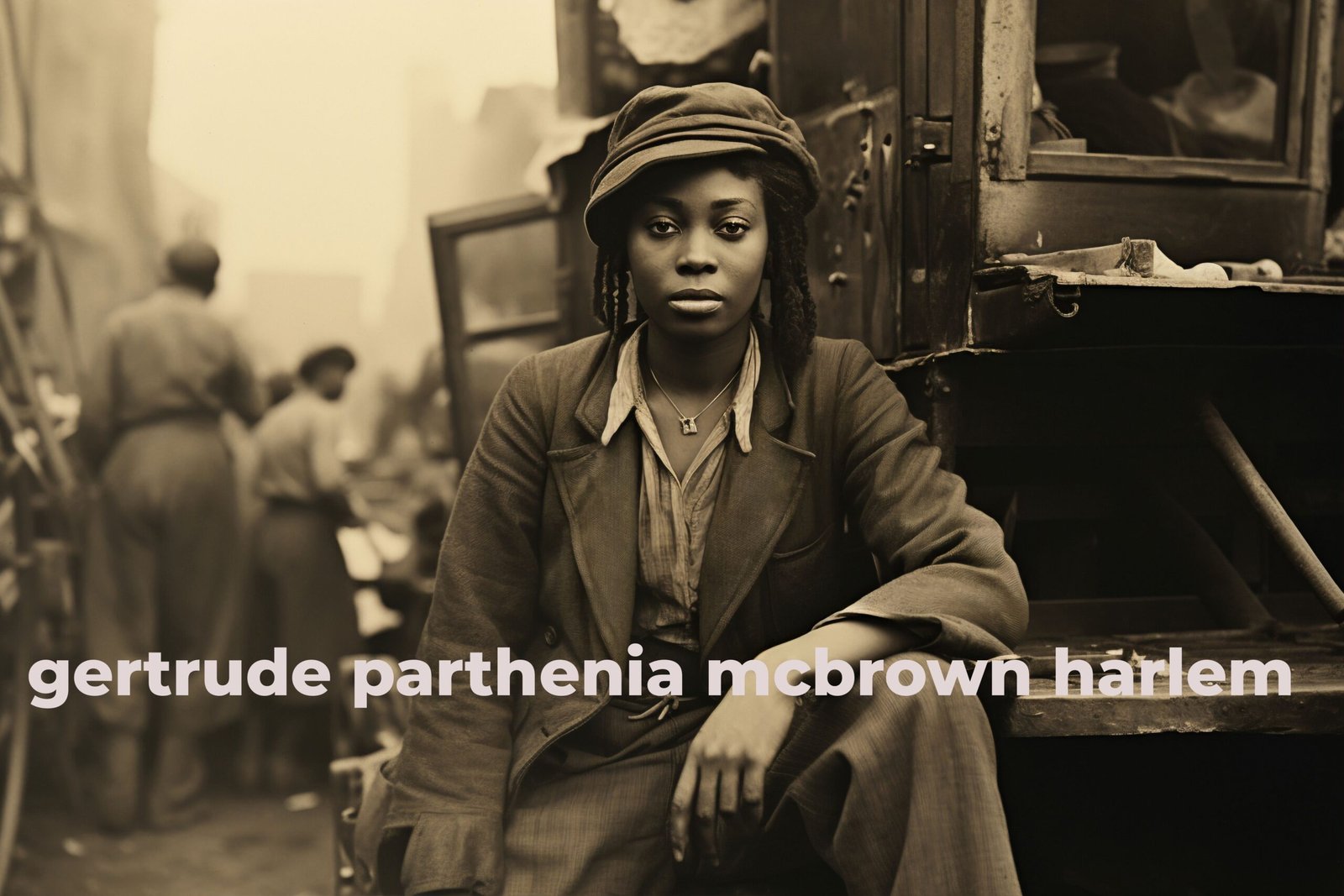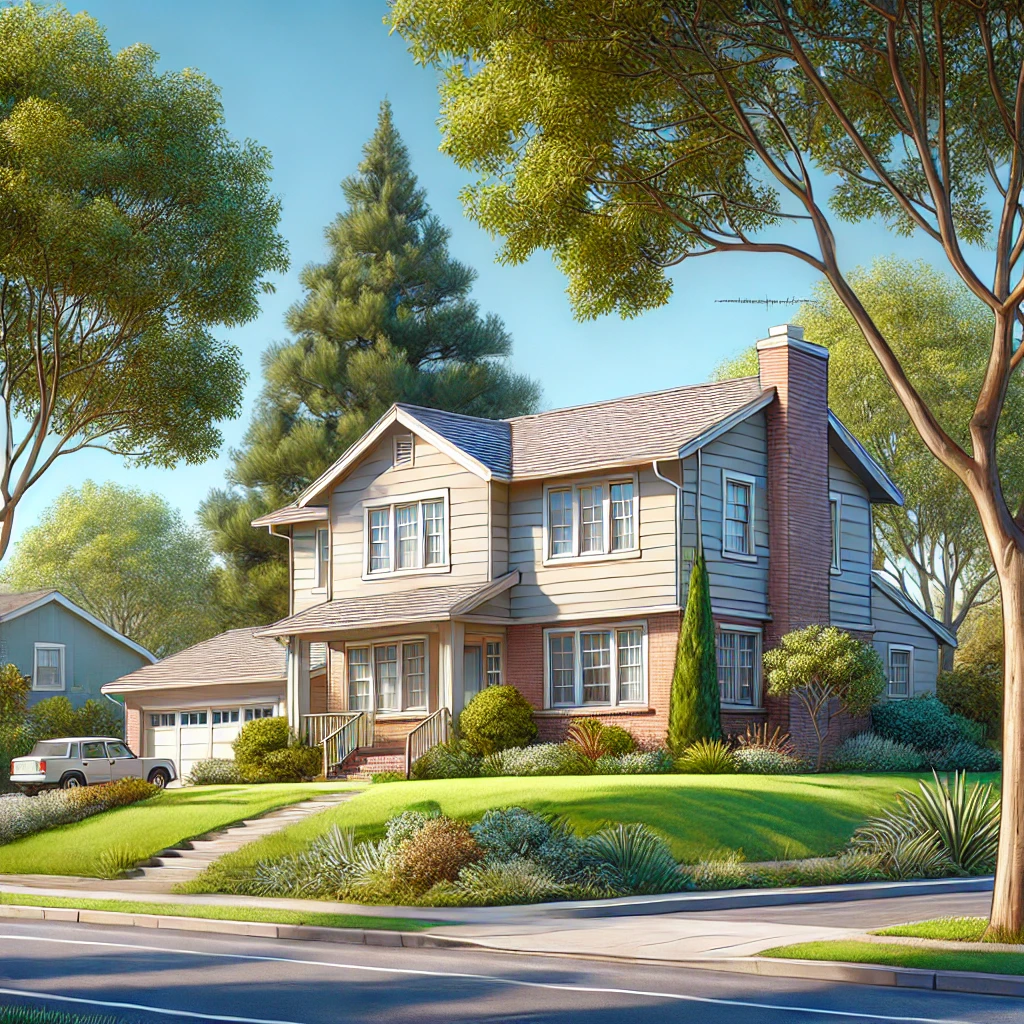Harlem has long been known as a cultural epicenter of Black history, arts, and social movements. Among the many individuals who helped shape this vibrant community, Gertrude Parthenia McBrown Harlem stands out as a pivotal figure whose life and work continue to inspire generations. Known for her tireless dedication to activism, education, and community service, Gertrude’s contributions to Harlem go far beyond the conventional narrative of the Harlem Renaissance, cementing her place as a true trailblazer. This article delves into the life and legacy of Gertrude Parthenia McBrown Harlem, exploring her early years, accomplishments, and enduring influence on the Harlem community and beyond.
Who Was Gertrude Parthenia McBrown Harlem?
Born in Harlem at the turn of the 20th century, Gertrude Parthenia McBrown Harlem was a figure whose multifaceted work spanned various fields, from education to activism. A strong and charismatic leader, she fought for the rights of African Americans, particularly focusing on women’s empowerment and racial equality. Her life’s mission was to uplift her community and break barriers for those who came after her.
Gertrude was deeply involved in Harlem’s civic, cultural, and educational spheres. She worked alongside prominent Harlem figures, influencing political movements, supporting the arts, and pushing for social justice during times of segregation and racial discrimination. However, her name often remains less known than some of the more famous figures of the Harlem Renaissance, despite her substantial contributions.
The Early Life of Gertrude Parthenia McBrown Harlem
Growing up in Harlem during a time of significant change, Gertrude was profoundly shaped by the social movements of the early 20th century. Harlem was a hub for Black intellectuals, artists, and activists, making it the perfect environment for someone like Gertrude to develop her vision of community empowerment.
From a young age, Gertrude was passionate about education. She attended local schools where she excelled academically, and her natural leadership abilities quickly became apparent. Inspired by the work of African American leaders like W.E.B. Du Bois and Ida B. Wells, she dedicated herself to social causes, believing that education and community involvement were the keys to racial equality.
Gertrude Parthenia McBrown Harlem’s Contributions to Education
One of the most significant contributions of Gertrude Parthenia McBrown Harlem was her work in education. During a time when many African Americans faced limited access to quality schooling, Gertrude believed that education was the tool to elevate marginalized communities.
She became a prominent advocate for better educational opportunities for African American children, fighting for equal funding for schools and promoting the idea that Black students should receive an education that reflected their culture and history. Gertrude’s commitment to education led her to take part in several local initiatives aimed at improving school conditions in Harlem, where many children were underserved by the system.
Gertrude also understood that women’s education played a crucial role in societal advancement. As a result, she was a vocal proponent of programs that provided educational resources for young girls and women in Harlem, empowering them to take leadership roles in their communities.
Gertrude Parthenia McBrown Harlem’s Activism and Social Justice Work
In addition to her work in education, Gertrude Parthenia McBrown Harlem was deeply involved in social justice causes. She was an advocate for racial equality, and during the Harlem Renaissance, she worked to ensure that the cultural renaissance of the period reached all members of the Black community, not just the intellectual elites.
As a passionate activist, Gertrude fought for civil rights at a time when African Americans were still subjected to Jim Crow laws, disenfranchisement, and systemic discrimination. She marched alongside leaders of the time, attended protests, and organized events to raise awareness about the injustices that her community faced. Gertrude also became a strong voice for women’s rights, pushing for the inclusion of African American women in broader civil rights movements, which were often dominated by men.
Through her activism, Gertrude helped to lay the groundwork for future generations of civil rights leaders, especially Black women, to take up the mantle of social justice and continue fighting for equality.
The Harlem Renaissance and Gertrude Parthenia McBrown Harlem’s Influence
Although Gertrude Parthenia McBrown Harlem was not directly associated with the artistic achievements of the Harlem Renaissance, her influence on the period cannot be understated. The Harlem Renaissance was an explosion of creativity and intellectualism, with figures like Langston Hughes, Zora Neale Hurston, and Duke Ellington making a profound impact on American culture. Gertrude, however, made her mark behind the scenes.
She played a vital role in organizing community events that supported the arts, encouraged local talent, and provided a platform for African American creatives to showcase their work. Gertrude also helped create spaces for intellectual discourse, where prominent thinkers and artists could discuss ideas related to race, culture, and identity.
Her activism aligned with the themes of the Harlem Renaissance, particularly the movement’s focus on racial pride, cultural expression, and political empowerment. As a result, Gertrude’s work became an important part of the cultural fabric of Harlem during this transformative time.
Gertrude Parthenia McBrown Harlem’s Legacy in Modern Times
Today, the legacy of Gertrude Parthenia McBrown Harlem lives on in many ways. Though she may not be as widely recognized as some of her contemporaries, her influence continues to shape Harlem and its residents. Her efforts to improve education, her tireless work for racial and gender equality, and her contributions to the Harlem community have had a lasting impact.
Harlem itself, now known as a global symbol of Black culture, stands as a testament to Gertrude’s vision and determination. As a trailblazer for future generations of leaders and activists, her life serves as an example of the importance of community-driven change.
Frequently Asked Questions (FAQs) About Gertrude Parthenia McBrown Harlem
1. Who was Gertrude Parthenia McBrown Harlem?
Gertrude Parthenia McBrown Harlem was an influential African American educator, activist, and community leader who contributed significantly to Harlem’s development during the early 20th century. She worked to improve educational opportunities, fought for racial equality, and supported the arts and intellectual movements in Harlem.
2. What were some of Gertrude Parthenia McBrown Harlem’s most significant contributions?
Her key contributions included advocating for better education for African Americans, particularly young girls and women, working towards racial equality, and supporting the Harlem Renaissance’s cultural movement.
3. How did Gertrude Parthenia McBrown Harlem influence the Harlem Renaissance?
Though not directly involved in the artistic achievements of the Harlem Renaissance, Gertrude Parthenia McBrown Harlem supported the movement by organizing community events, advocating for intellectual discourse, and helping create spaces for African American creatives.
4. What was Gertrude Parthenia McBrown Harlem’s role in activism?
She was a passionate advocate for civil rights and women’s rights. Gertrude worked alongside other prominent figures to fight for racial equality and was involved in several initiatives that addressed the systemic challenges faced by African Americans.
5. How is Gertrude Parthenia McBrown Harlem remembered today?
While not as widely known as other figures, Gertrude Parthenia McBrown Harlem’s legacy lives on through the community she helped build in Harlem. Her contributions to education, social justice, and the Harlem cultural scene continue to inspire generations of leaders.
Conclusion
The life of Gertrude Parthenia McBrown Harlem serves as a reminder of the countless individuals who helped shape Harlem into the cultural and intellectual powerhouse it is today. Her dedication to improving the lives of African Americans, especially women and children, her tireless fight for social justice, and her support of the arts were key to the Harlem Renaissance’s success and enduring legacy. Although her name may not be as widely recognized, her impact continues to resonate in Harlem and beyond, ensuring that her story remains an essential part of the fabric of American history.




